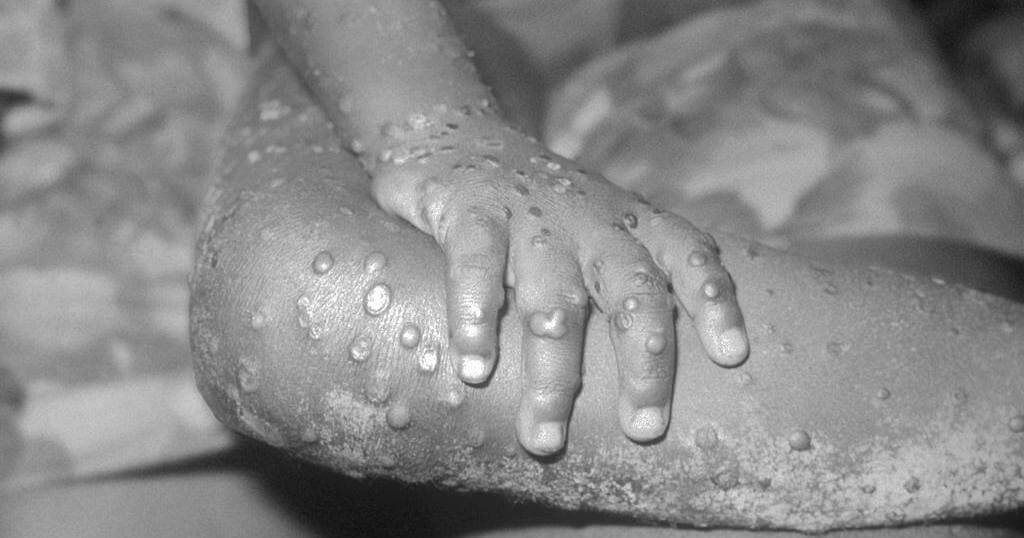Monkeypox: FG Stops Transportation Of Wild Animals, Directs Bushmeat Sellers To Discontinue Business
The Federal Government on Tuesday stopped the transportation of wild animals across the country to check the spread of the Monkey Pox disease.
The Nigeria Centre for Disease Control has reported 21 cases of monkeypox in the country,
Advertisement
The Minister of Agriculture and Rural Development, Dr Mohammad Abubakar in a statement he signed, urged Nigerians to avoid contact with persons suspected to be infected with Monkey Pox at home and at workplaces.
The Minister also told hunters and dealers of bushmeat to desist from the practise forthwith to reduce the spread.
He said the ministry is actively collaborating with NCDC and other stakeholders in the One Health Team to ensure the situation is contained and brought under control.
The statement reads, “People must avoid contact with persons suspected to be infected with Monkey Pox at home and at work places.
Advertisement
“Hunters and dealers of Bushmeat must desist from the practice forthwith to prevent any possibility of SPILLOVER of the pathogen in Nigeria.
“Transport of wild animals and their products within and across the borders should be suspended or restricted.
“Silos, stores and other agricultural storage facilities must institute active rodent control measures to prevent contacts and possible contamination of Monkey Pox Virus with foodstuff.
“All operators of Zoos, Parks, Conservation and Recreational centers keeping non-human primates in their domains must ensure strict compliance with their biosecurity protocols aimed at preventing their contacts with humans.
“All Veterinary Clinics, Veterinary Teaching Hospitals and other Veterinary Health Institutions across the country must ensure vigilance so as to be able to pick possible signs and symptoms of Monkey Pox in non-human primate NHP patients.
Advertisement
“Ensure regular handwashing using strong disinfectant anytime we handle NHP and rodents in our various locations.
“Discourage the act of consumption, trade and keeping of NHP as well as rodents as pets in our homes.
“The general public are hereby advised to report any pox-like lesions seen on humans or animals to the nearest human or veterinary clinics respectively.
“Lastly, veterinary epidemiology officers, field surveillance agents and veterinarians should step up their surveillance activities aimed at picking any possible case of Monkey pox.



